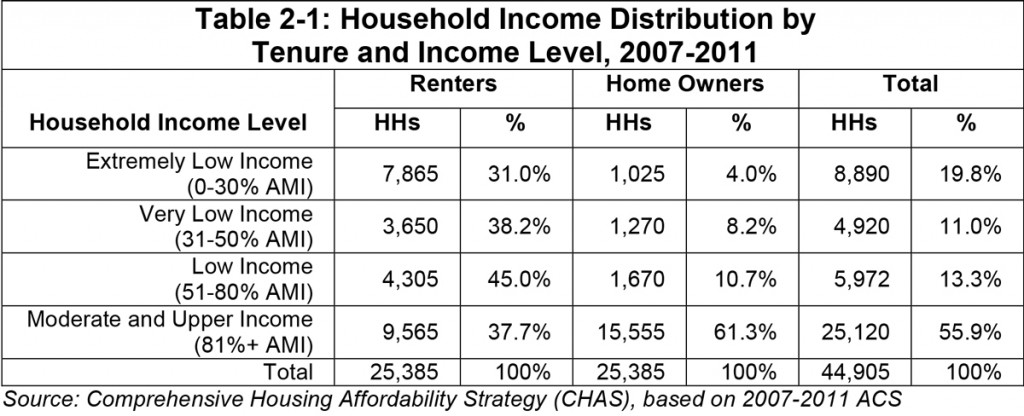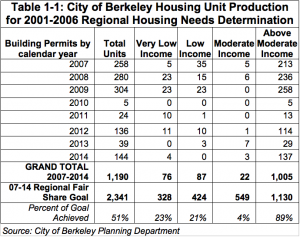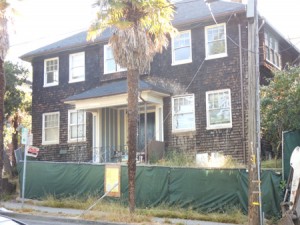Important Upcoming Dates

1) Rent Board Ad Hoc Committee:
Friday April 3rd @ 3 pm
Short-Term Rental Regulations
Side Entrance on Center Street @ Milvia
2) Zoning Hearing on Demolition:
Thursday April 9th @ 7 pm
Rent Controlled Triplex 1920 10th Street, UP #2007-0063
2134 Martin Luther King, Jr. Way @ Allston
3) Planning Commission:
Wednesday April 15 @ 7 pm
Short-Term Rental Regulations
Edit: vacation rentals not on this agenda
1901 Hearst Ave @ MLK
4) Zoning Board:
Thursday May 14 @ 7 pm
Removing Rent Control at 2332 Channing to add 3 units.
2134 Martin Luther King, Jr. Way @ Allston
5) Affordable Housing Week: May 8-17, 2015
East Bay Housing Organizations (EBHO)
http://ebho.org/our-work/affordable-housing-week#ahw
In Other News
Thanks to BTU Members Who Sent in Most of These Stories
The Windfall Profits Tax on High Rents (Robin Hood)
“In Berkeley, activists are in the early stage of advocating for a so-called “windfall profits tax,” which would increase the business license tax for larger property owners and thus generate revenue that could be invested into affordable housing. “This money is being extracted from tenants for the benefit of people who own real estate, and it’s windfall profits,” explained Stephen Barton, former housing department director for the City of Berkeley, who is pushing for the windfall tax. “We’re going to take some of [the money] that’s being extracted from the community … and use it to mitigate some of the harms of the system.”
http://www.eastbayexpress.com/oakland/how-east-bay-tenants-get-displaced/Content?oid=4216802
More Berkeley Seniors Threatened – Oregon Park
“While much of the conflict stems from an ongoing disagreement about the board leadership, housing attorneys said they were especially concerned about the board’s attempts to evict a number of outspoken tenants. Earlier this year, Ibrahim Moss, a management consultant, served eviction notices to at least nine residents — and subsequently filed eviction lawsuits against at least four of them.”
http://www.eastbayexpress.com/oakland/an-eviction-nightmare-at-oregon-park-senior-apartments/Content?oid=4229738
San Francisco Can’t Enforce Vacation Rentals Law
“To enforce the Airbnb law, the city needs booking data so the planning department can make sure rentals are registered with the city. It also needs a clear limit on the number of days a unit can be rented out each year. Currently, the law says an owner can rent 90 days if they aren’t home, but that’s difficult to prove.”
http://www.bizjournals.com/sanfrancisco/morning_call/2015/03/san-francisco-airbnb-law-unenforceable-rentals.html
SF Supervisors Want to Fix Airbnb Law
“The legislation would prohibit all tenants or homeowners, regardless of whether or not they live in their house or apartment full-time, from renting out their spare space for more than 90 days a year. If they did, neighbors would have the right to sue them. The legislation would extend the existing 90-day limit from entire homes to smaller spaces.”
http://www.sfgate.com/bayarea/article/2-supervisors-want-to-tighten-up-law-regulating-6153957.php
California Considering Statewide Law on Short-Term Rentals
“…online home-sharing companies would have to make regular reports to cities and counties about which homes in their area are renting rooms, for how many nights and how much money the homeowners are collecting for the short-term rentals.”
http://www.sacbee.com/news/politics-government/capitol-alert/article15202547.html
New York City Enforcing Vacation Rentals Law
“New York’s investigators have cited over 7,000 fire and building code violations, shut down over 200 short-term apartments and sued several operators — ending an additional 250 short-term rentals — over the last nine years, according to the Mayor’s Office of Special Enforcement. With Airbnb and other websites sparking a short-term rental boom, some lawmakers now want to triple the illegal-hotel investigation staff and have it go beyond answering complaints to scour the web for suspect listings.”
http://www.usnews.com/news/business/articles/2015/03/28/in-nyc-an-unusual-task-force-fights-home-as-hotel-rentals
SF Collective Living in Commercial Space Avoids Eviction
“Housing activists came out in full force March 2 to support Station 40 at a press conference to denounce gentrification and urge the Jolish family to accept an offer to buy the building from the San Francisco Community Land Trust.
Though the landlords at first denied the offer, which would keep the property available as below-market rate housing, Station 40 says the Jolish family is now willing to consider selling.”
http://www.sfexaminer.com/sanfrancisco/housing-collective-avoids-eviction-from-mission-district-home/Content?oid=2924912
Cooperative Housing
“One way to attack escalating property costs is to increase the number of limited equity cooperatives, where people own property collectively, run it democratically and don’t extract profit from it, says Bay Area Community Land Trust Executive Director Rick Lewis.”
http://www.contracostatimes.com/tri-valley-times/ci_27706941/berkeley-runaway-housing-costs-make-co-ops-attractive
SF Rents – Cool Map!
“This map from the folks at Zumper found that we reached an all time high for a 1-bedroom apartment in February, clocking in at an average of $3,460.
On top of that, it’s only going upwards. They reported that San Francisco rents have “continued upwards, increasing 1.5% month over month and 3.3% over the last quarter.”
http://www.upout.com/blog/san-francisco-3/san-francisco-rents-hit-record-high-again-last-month-its-only-getting-worse
Daily Cal Housing Issue
“Berkeley has the 10th-highest income inequality in the country, according to a ranking of 300 cities with more than 100,000 people in the United States by Bloomberg.
“Our city is at a crossroads,” Arreguin said. “We’re becoming the city of the haves and the have-nots.”
http://www.dailycal.org/2015/03/13/berkeley-residents-priced-homes-rental-rates-rise/






